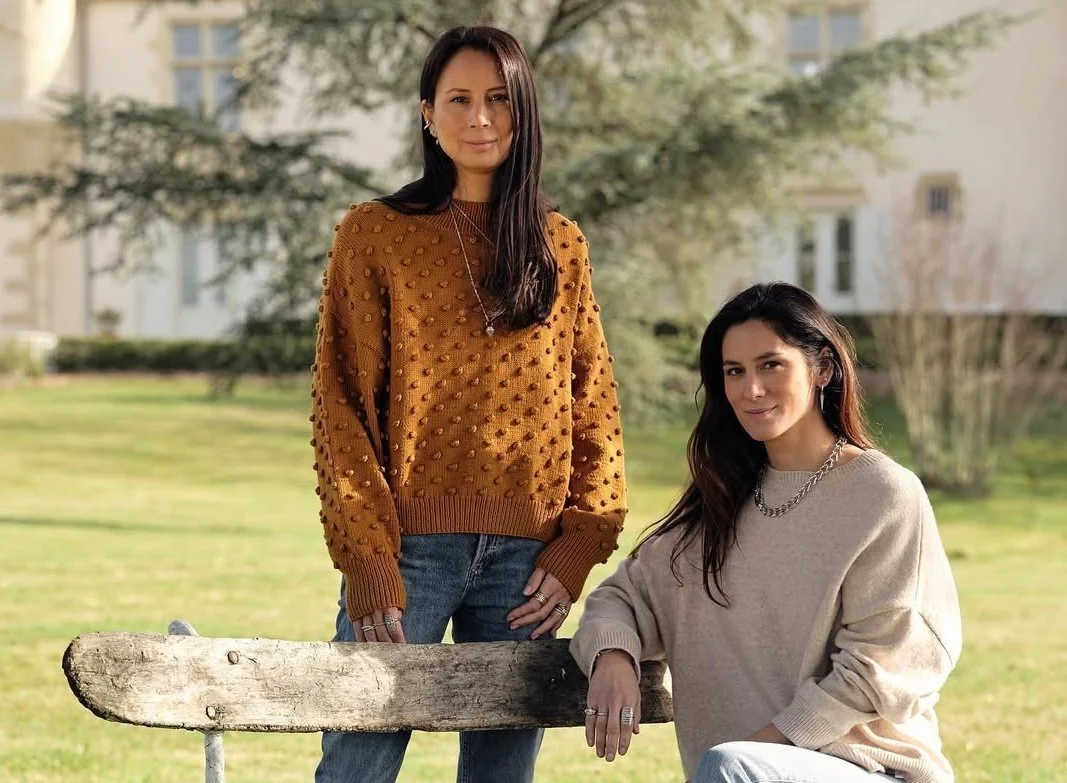Everything You Need to Know About Cold Sores
IN THIS ARTICLE1. What are Cold Sores and What Causes Them?
2. Signs, Symptoms, and Diagnosis of Cold Sores
3. Treatment and Prevention of Cold Sores
4. Reducing Stress & Sun Protection for Prevention of Cold Sores
Cold sores, those pesky, painful, and unsightly blisters that occur around the lips or inside the mouth, can be an annoyance that millions of people experience. In this article, we'll explore what causes cold sores, the signs and symptoms, ways to treat and prevent them, and more.
What are Cold Sores and What Causes Them?
Cold sores, also known as fever blisters or herpes simplex labialis, are small, fluid-filled blisters that are caused by the herpes simplex virus (HSV). Although there are two types of HSV, cold sores are usually the result of HSV-1.
An interesting fact is that approximately 75 to 90 percent of people have the HSV living in their bodies. Often, individuals acquire the virus during childhood or adolescence from a caretaker who had an active cold sore. The virus then lays dormant in one's nerves, and factors such as stress, lack of sun protection, a weakened immune system, or illness can trigger a reactivation, leading to the formation of cold sores.
Signs, Symptoms, and Diagnosis of Cold Sores
Cold sores follow a typical pattern of symptoms:
Tingling sensation: Before a cold sore appears, you may feel a tingling or itching sensation in the area where the sore will develop.
Formation of the blister: Small, fluid-filled blisters will form within a day or two of the initial tingling sensation.
Burst and scab: After a few days, the blisters will burst, releasing fluid, and then scab over.
Cold sores generally heal on their own within one to three weeks without leaving a scar. Healthcare providers can typically diagnose cold sores by visually examining the affected area.
Treatment and Prevention of Cold Sores
Unfortunately, there is no cure for the herpes simplex virus, but there are ways to treat and manage the symptoms of cold sores. Some effective methods include:
Oral antiviral medications: Prescription medications like Valtrex are most effective when taken at the first sign of a cold sore. This treatment can reduce healing time and minimize the pain and severity of symptoms.
Topical treatments: While they may not provide significant relief, some prescription topical treatments, such as penciclovir, can be applied to the cold sore to promote healing. Over-the-counter creams containing docosanol may also help.
Pain relievers and cold compresses: Over-the-counter pain relievers, such as ibuprofen, and cold compresses can help alleviate the discomfort and swelling caused by cold sores.
To prevent cold sores from appearing, consider these measures:
Reduce stress: Managing stress levels through activities like exercise, meditation, or yoga can help prevent cold sores from appearing.
Sun protection: Wearing lip balm or sunscreen on your lips can protect them from the sun's rays, which can trigger the herpes simplex virus.
Avoid close contact: During an outbreak, refrain from direct contact with others, such as kissing, to prevent the spread of the virus.
Keep the area clean and dry: Avoid irritating the sore with harsh or exfoliating products, and let the cold sore heal on its own.

















